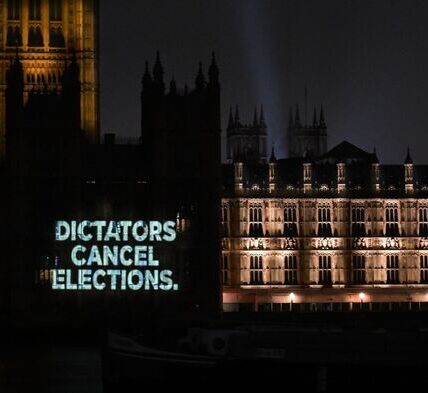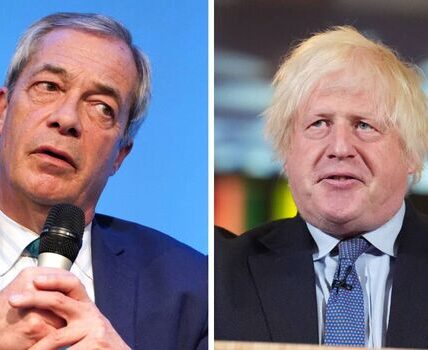Official watchdog the Office for Budget Responsibility says taxes will be at their highest rate ever since World War II

Chancellor Rachel Reeves has delivered her Budget (Image: Getty)
Taxes are to reach their highest level ever since the Second World War, thanks to new increases announced by Rachel Reeves in her Budget today. They include a £15 billion increase in income tax, thanks to her decision to extend the freeze on tax thresholds. The Chancellor’s tax hikes also include a £4.7 billion increase in taxes paid on pension contributions, by changes to a scheme called salary sacrifice.
And the result is the highest tax burden since the war. Watchdog the Office for Budget Responsibility said: “The tax-to-GDP ratio is forecast to increase to a post-war high of 38.3 per cent of GDP in 2030-31, largely due to policy changes announced at this Budget and over the past few years.” GDP is the UK’s total economic output.
But that doesn’t mean the Chancellor is paying off the UK’s massive debts – because that will also be at a record high.
The Office for Budget Responsibility said that even if the Chancellor met her targets, “it still leaves the UK public finances relatively vulnerable to future shocks.”. It warned: “The UK would still be devoting more of national income to paying the interest on that debt than at almost any time in its post-war history.”
This is partly because she is also increasing spending on welfare, by £9 billion in 2029-30.
This includes the reversals to previously announced cuts to winter fuel payments and health-related benefits, costing £7 billion in 2029-30, and the removal of the two-child limit within universal credit, costing £3 billion by 2029-30, which increases benefits for 560,000 families by an average of £5,310.
Meanwhile, income growth for most people is slowing.
Growth in real household disposable income per person is projected to fall from 3 per cent in 2024-25 to around 1/4 per cent a year. The OBR said: “Weaker medium-term real wage growth and rising taxes explain the slower growth.”
The run-up to the Budget has been the “most chaotic in living memory”, Conservative leader Kemi Badenoch has said, as she asked Sir Keir Starmer for an explanation of the “complete shambles”.
Mrs Badenoch referenced comments by the former chief economist of the Bank of England, who said the speculation had led to static growth.
Speaking at Prime Minister’s Questions, she said: “This has been the most chaotic lead-up to a Budget in living memory, with resignations, hostile briefings and leaks galore, even just in the last 10 minutes an unprecedented leak of the OBR (Office for Budget Responsibility) analysis.”

